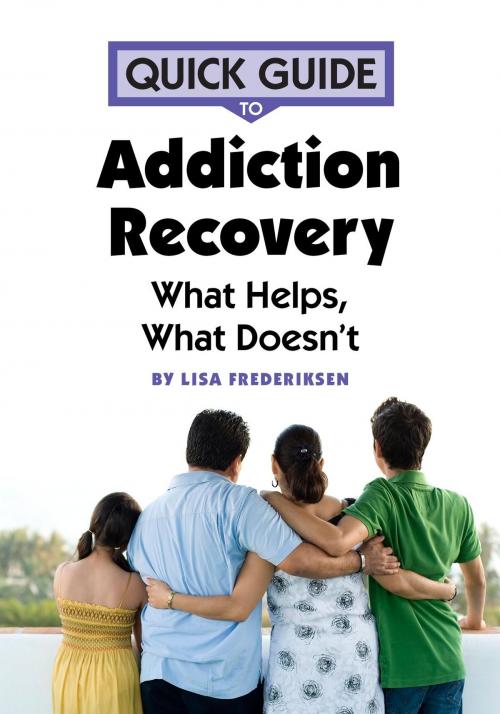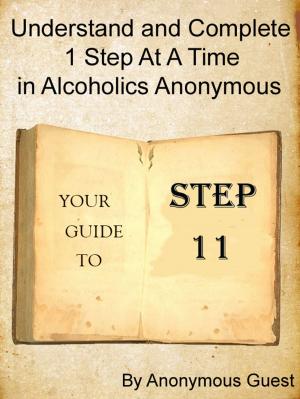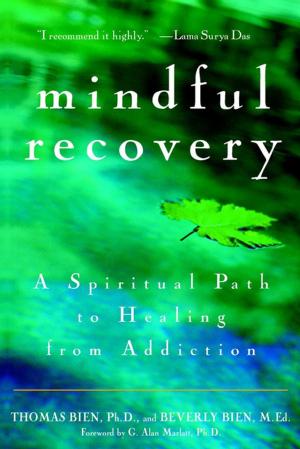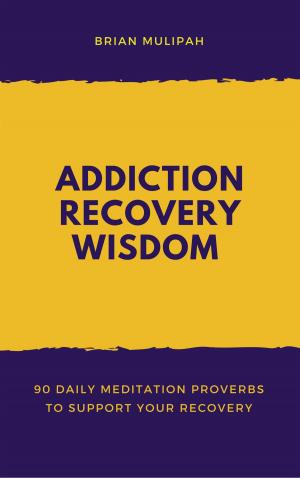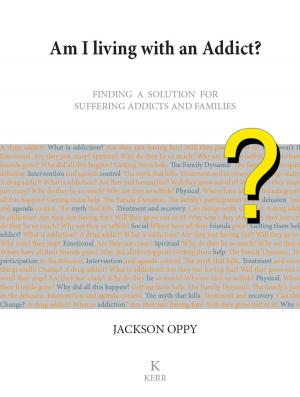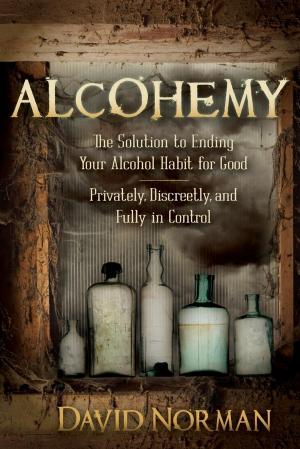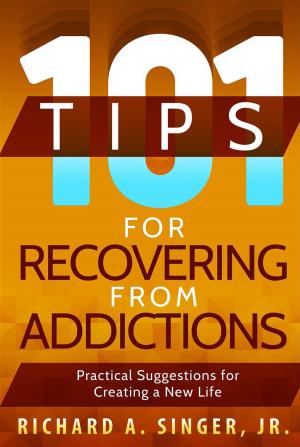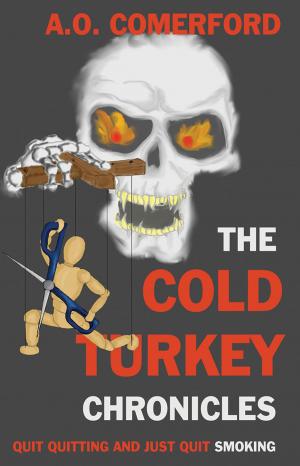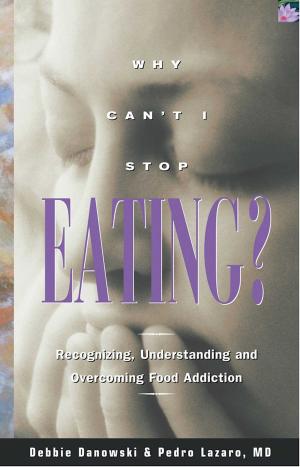Quick Guide to Addiction Recovery
What Helps, What Doesn't
Nonfiction, Health & Well Being, Self Help, Addiction, Substance Abuse| Author: | Lisa Frederiksen | ISBN: | 9780990790020 |
| Publisher: | KLJ Publishing | Publication: | October 30, 2014 |
| Imprint: | Language: | English |
| Author: | Lisa Frederiksen |
| ISBN: | 9780990790020 |
| Publisher: | KLJ Publishing |
| Publication: | October 30, 2014 |
| Imprint: | |
| Language: | English |
“Alcoholism a disease? No way! Cancer is a disease. All they have to do is put down the bottle!” “If he cared enough about what he was doing to his parents, he’d get help. It’s that simple.” “She’s been through rehab before – I don’t see how this time will be any different.” Likely you've heard statements like these. Perhaps you’ve even thought them, yourself. So much of what we believe about addiction and addiction recovery is bound up in stigma, misinformation and shame. This fuels age-old beliefs that addiction is a choice and failure to stop is a lack of willpower, a moral weakness. Equally inaccurate is the assumption that relapse means treatment failed or the person didn’t want recovery badly enough. But times are changing. There is an active addiction recovery movement now gaining momentum. The word is spreading that more than 23 million Americans are living their lives in recovery from addiction, meaning they no longer use drugs and/or alcohol and have changed their lives through their recovery process. And President Obama's 2014 Presidential Proclamation of September as National Alcohol and Drug Addiction Recovery Month included the following statement: “Research shows addiction is a chronic disease of the brain which can be prevented and treated. However, the stigma associated with this disease – and the false belief that addiction represents a personal failing – creates fear and shame that discourage people from seeking treatment and prevents them from fully rejoining and contributing to their communities.” So what’s happened? How is it possible to define addiction as a brain disease and explain that addiction recovery is all about “healing” the brain? And what is it that helps a person succeed in addiction recovery and what doesn't?
“Alcoholism a disease? No way! Cancer is a disease. All they have to do is put down the bottle!” “If he cared enough about what he was doing to his parents, he’d get help. It’s that simple.” “She’s been through rehab before – I don’t see how this time will be any different.” Likely you've heard statements like these. Perhaps you’ve even thought them, yourself. So much of what we believe about addiction and addiction recovery is bound up in stigma, misinformation and shame. This fuels age-old beliefs that addiction is a choice and failure to stop is a lack of willpower, a moral weakness. Equally inaccurate is the assumption that relapse means treatment failed or the person didn’t want recovery badly enough. But times are changing. There is an active addiction recovery movement now gaining momentum. The word is spreading that more than 23 million Americans are living their lives in recovery from addiction, meaning they no longer use drugs and/or alcohol and have changed their lives through their recovery process. And President Obama's 2014 Presidential Proclamation of September as National Alcohol and Drug Addiction Recovery Month included the following statement: “Research shows addiction is a chronic disease of the brain which can be prevented and treated. However, the stigma associated with this disease – and the false belief that addiction represents a personal failing – creates fear and shame that discourage people from seeking treatment and prevents them from fully rejoining and contributing to their communities.” So what’s happened? How is it possible to define addiction as a brain disease and explain that addiction recovery is all about “healing” the brain? And what is it that helps a person succeed in addiction recovery and what doesn't?
